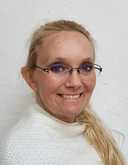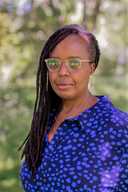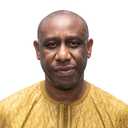The Elected 10: Making Peace at the UN Security Council?
- Governance
- International Institutions
- Peace and Security
New research contends that the ten elected members (E10) of the United Nations (UN) Security Council deliver more than expected, despite the dominance of the permanent five. African and Nordic E10 countries – as diverse as Nigeria, Ethiopia, Niger, South Africa, Sweden, Tunisia, and Norway – have advanced cross-cutting themes and innovated during their memberships. States such as Germany have joined to strengthen collective positions, guided by regional bodies such as the African Union (AU) and the European Union (EU). Still, the academic literature has not settled questions about the extent to which E10 efforts have common aims or achieve meaningful results. There is limited systematic comparison of their performance on the Council. In a bid to produce evidence-based dialogue about the Security Council’s impact and the E10, this panel brings together African and Nordic authors of a forthcoming collection of case studies. The roundtable will address E10 state capacities, UNSC working processes, and inter-state relations on the Council. Presenters will highlight the possibilities and constraints of E10 contributions to Africa’s security, peacekeeping, women, peace and security, and AU-UN-EU relations.
Speakers
![2022 06 23 Adeoye O Akinola]() Adeoye AkinolaUniversity of Johannesburg (South Africa)In-person
Adeoye AkinolaUniversity of Johannesburg (South Africa)In-person![Picture Suzanne Graham]() Suzanne GrahamUniversity of Johannesburg (South Africa)Virtual
Suzanne GrahamUniversity of Johannesburg (South Africa)Virtual![2022 06 17 Louise Olsson]() Louise OlssonThe Peace Research Institute Oslo (Norway)In-person
Louise OlssonThe Peace Research Institute Oslo (Norway)In-person![2022 06 16 Angela Muvumba Sellström]() Angela Muvumba SellströmThe Nordic Africa Institute (Sweden)In-person
Angela Muvumba SellströmThe Nordic Africa Institute (Sweden)In-person- Peter WallensteenUppsala University (Sweden)Virtual
Chair
![2022 06 16 Adekeye Adebajo]() Adekeye AdebajoUniversity of Pretoria (South Africa)In-person
Adekeye AdebajoUniversity of Pretoria (South Africa)In-person







